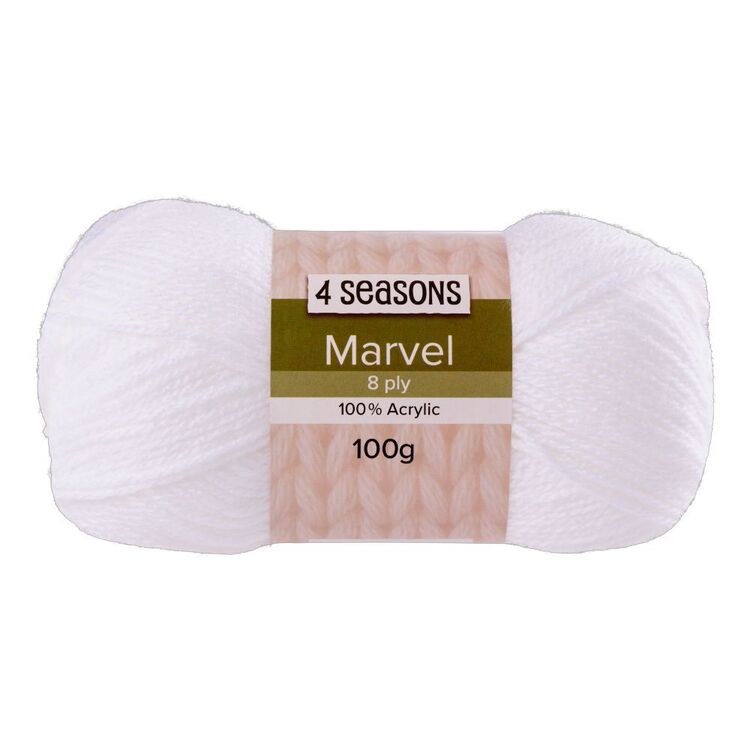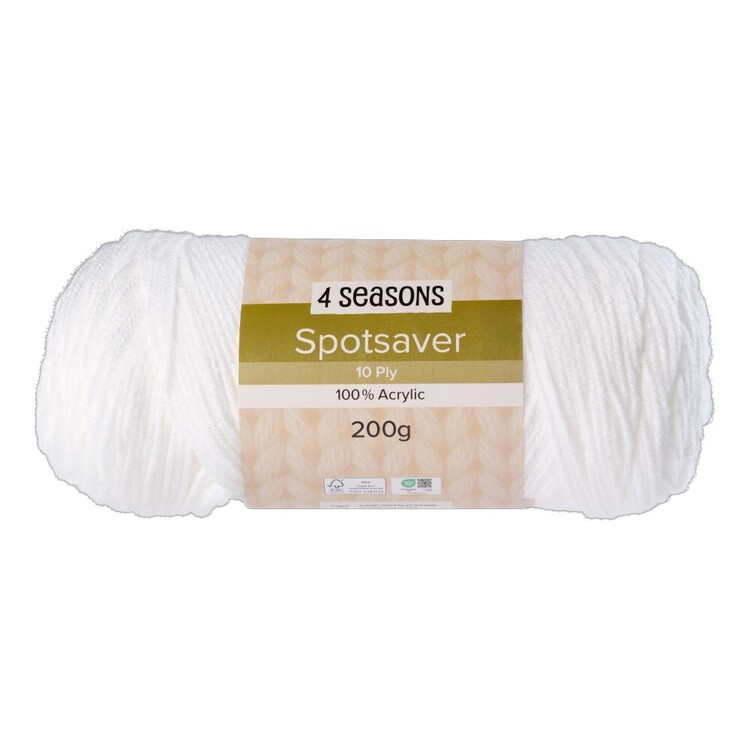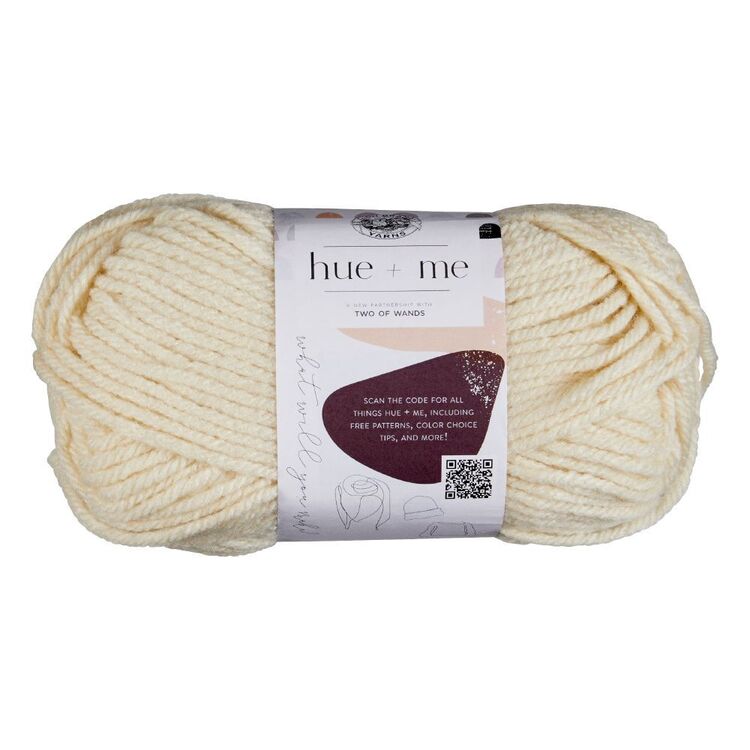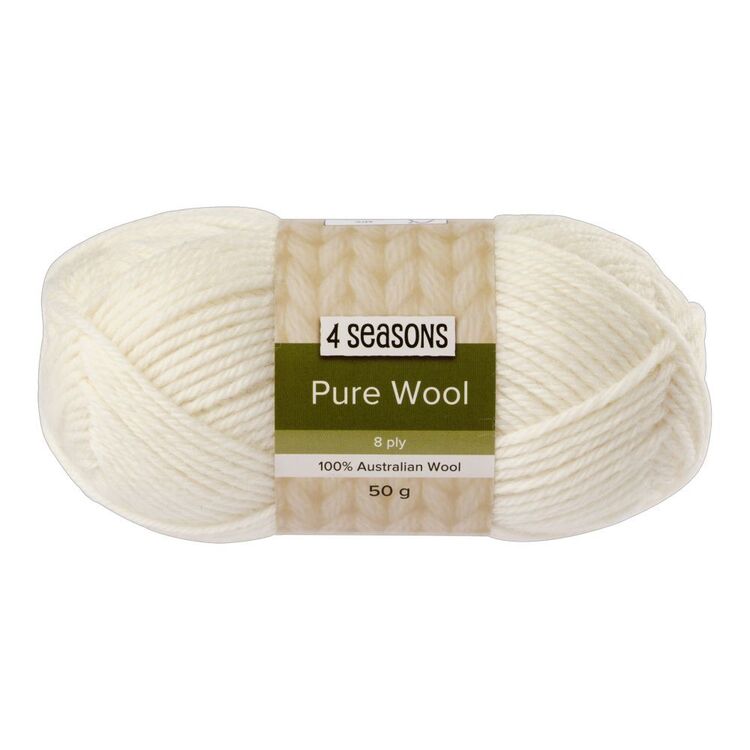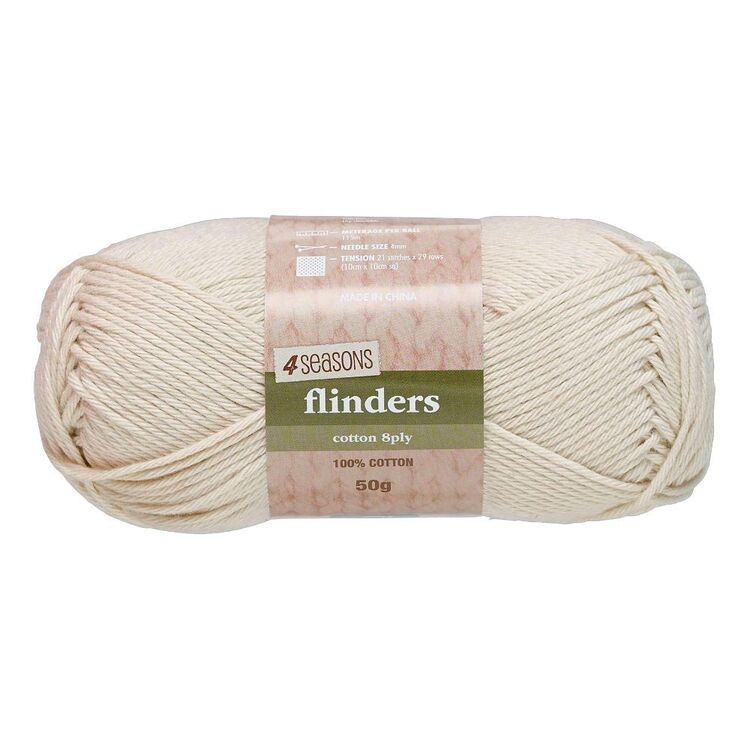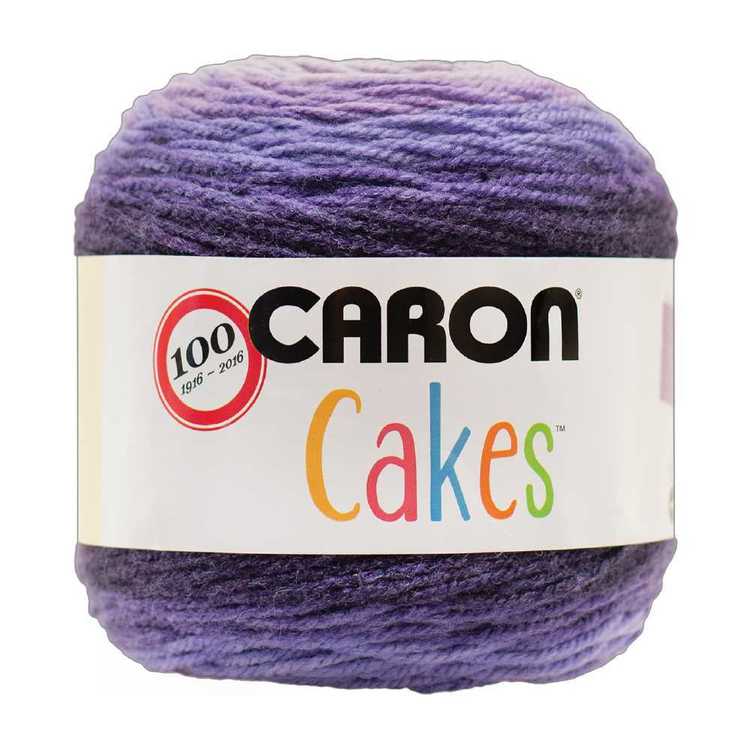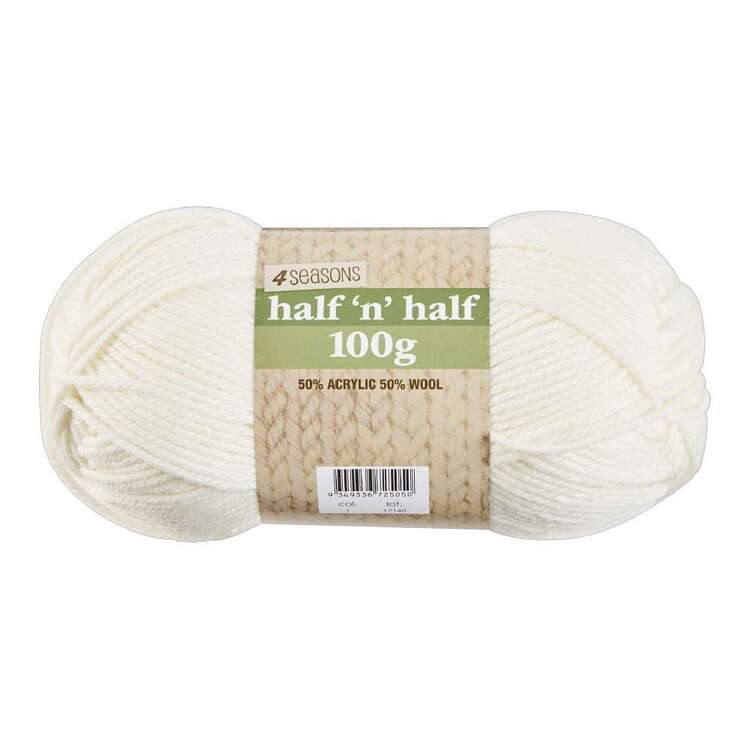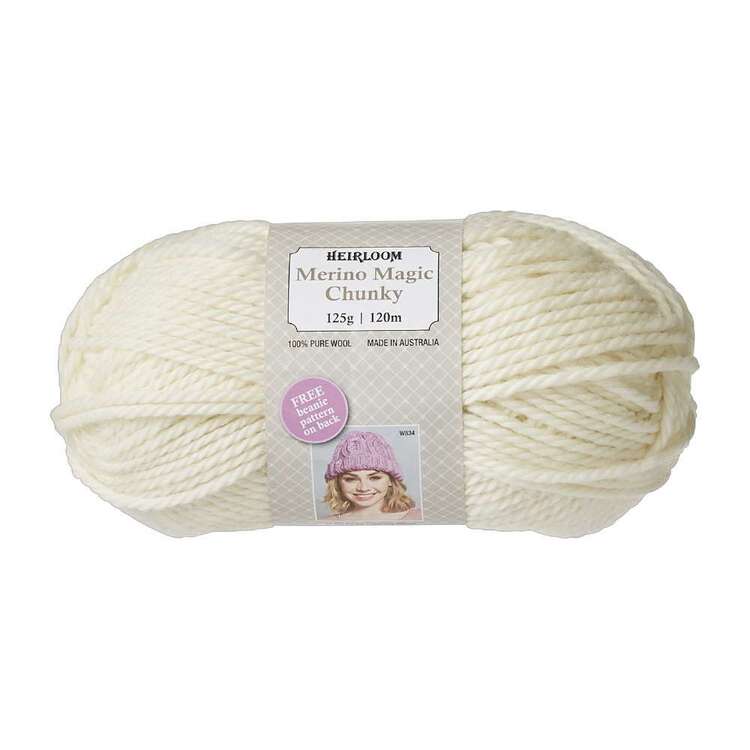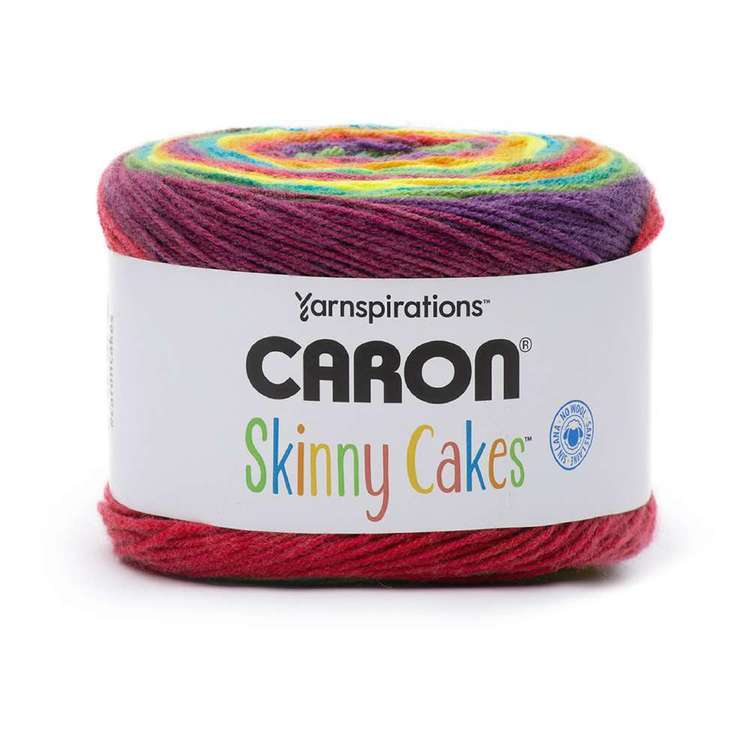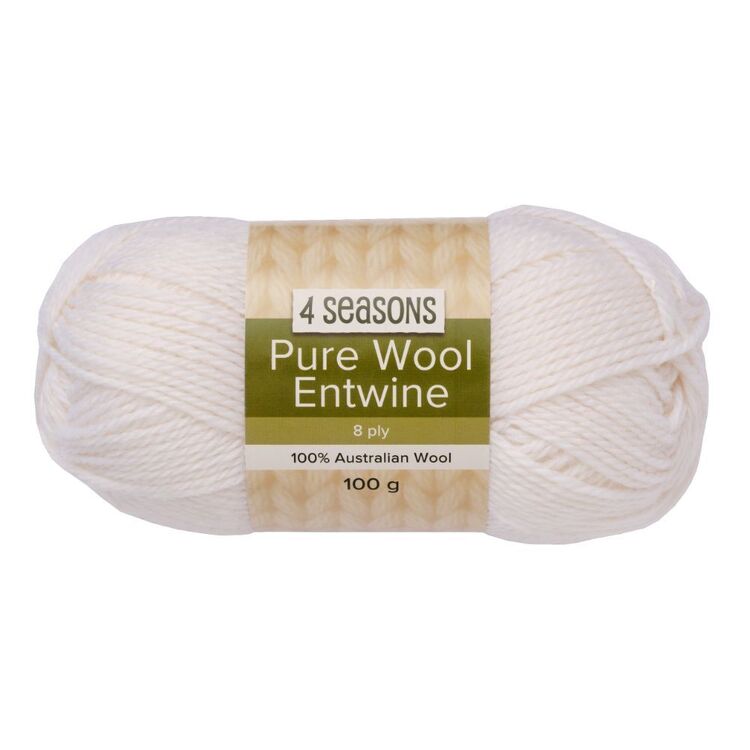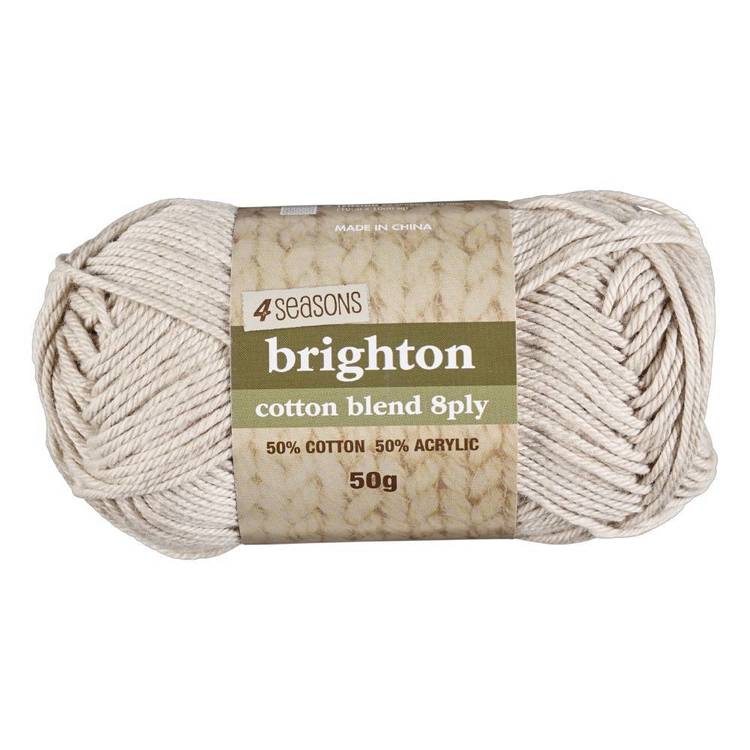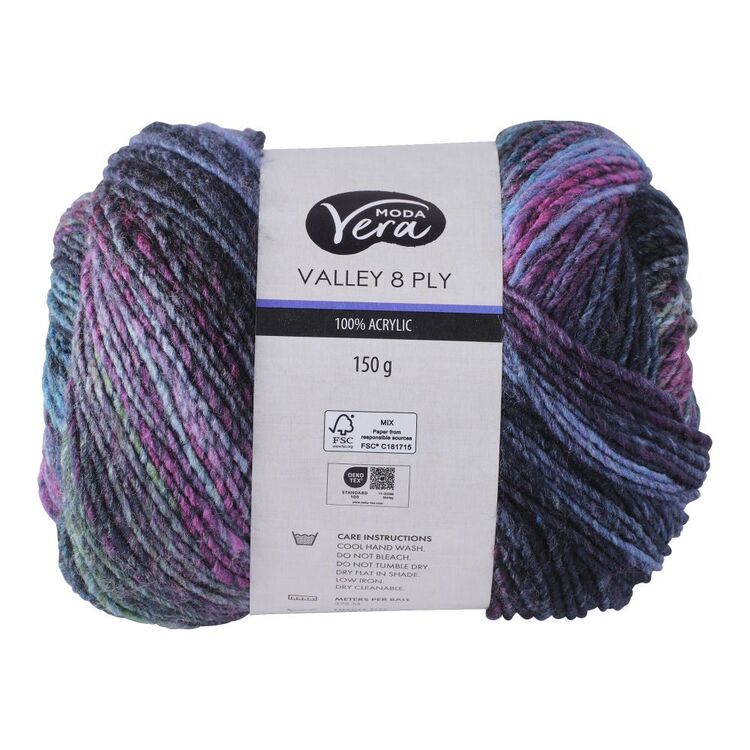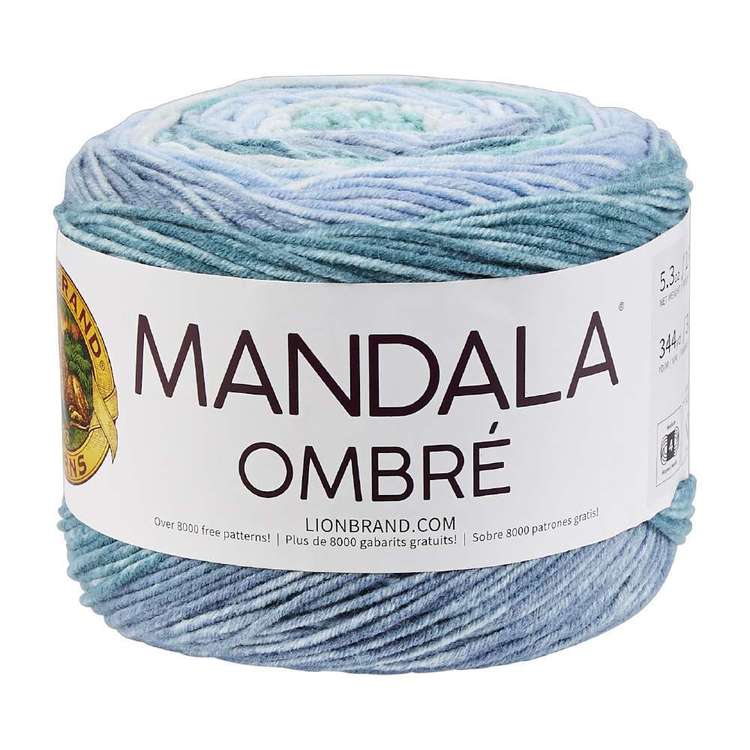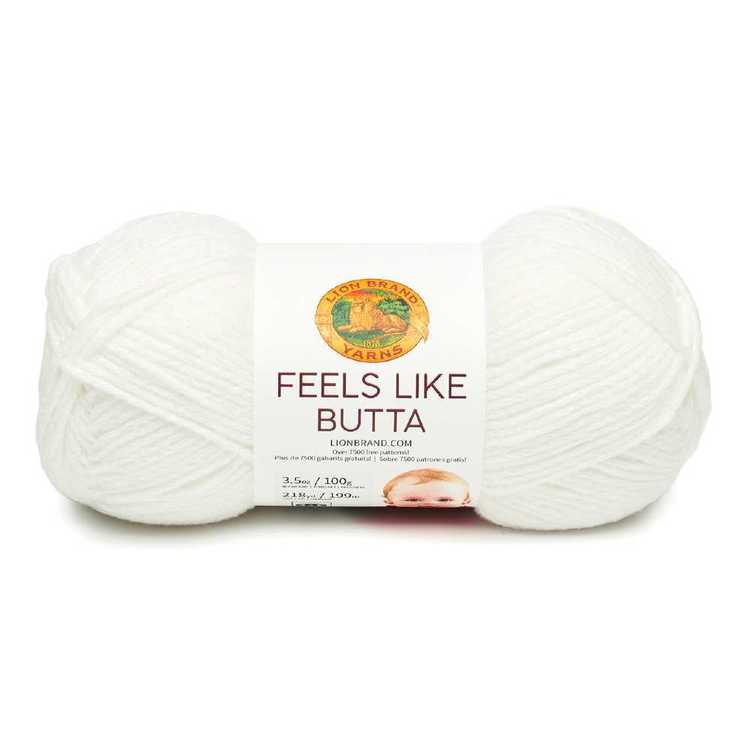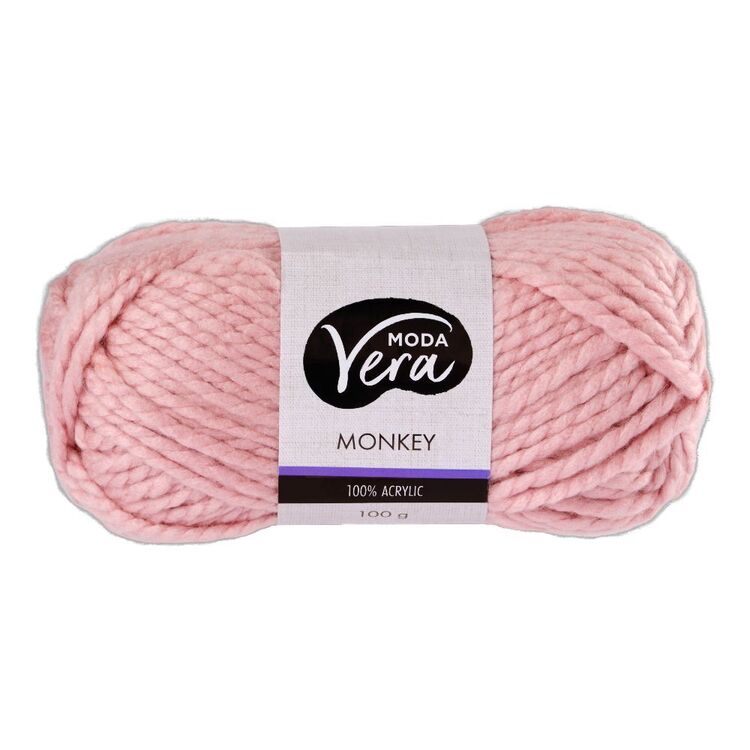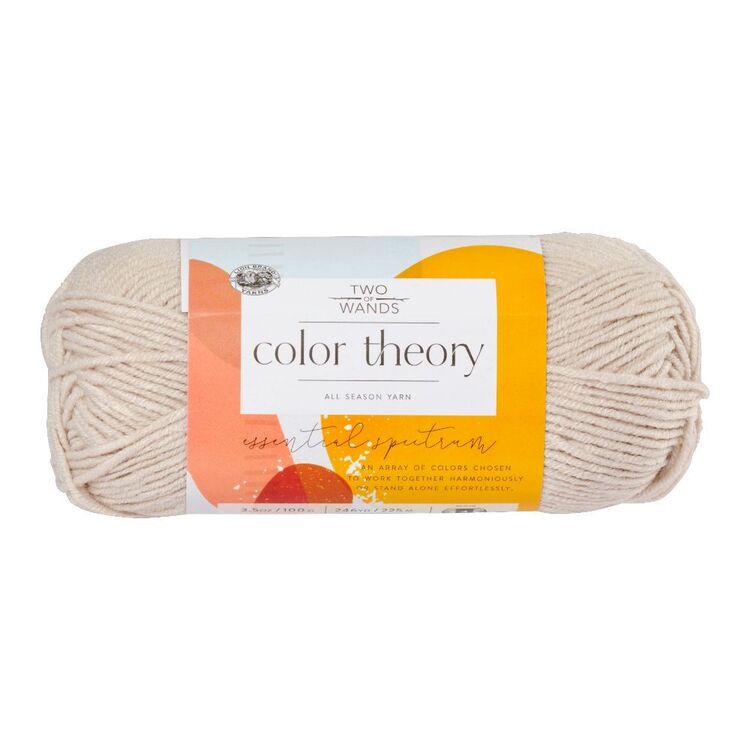 | ||
| Your browser is not supported. | ||
|
Please browse our site using any of the following options:
| ||
Knitting Yarn & Crochet Yarn
Spotlight has yarn at low prices for anyone who enjoys knitting, crocheting & crafts. Shop the huge selection of knitting yarn & crochet yarn in many colours.
141 items found.
Make Soft & Cosy Creations With Yarn & Wool From Spotlight
Fuzzy and soft, yarn is the ultimate material for making cuddly jumpers, chunky knit cardigans, classic crochet blankets, and many more creative craft projects. Whether you knit or crochet, Spotlight's huge selection of yarn includes skeins made from natural fibres such as wool or cotton, as well as durable and affordable fibres such as acrylic or polyester. We also have everything you need to complete your creation, such as knitting needles, crochet hooks, and needle art tools & accessories including stitch markers, knit blockers, yarn threaders and much more!
What Types Of Yarn Can I Discover In Spotlight's Range?
At Spotlight, you can find yarn with a variety of different plys, colours and textures. Our range includes:
- Acrylic Yarn: This yarn type lends itself to a range of knitting, crochet and craft projects such as pom poms. Budget-friendly, acrylic yarn comes in a range of colours, textures and variegated options.
- Novelty Yarn: Novelty yarns can include accents like metallic fibres, and are intended to create special effects or textures in your project.
- Wool Yarn & Wool Blends: Natural wool fibres are the go-to option for creating warm and cosy garments, blankets and accessories like scarves and beanies.
- Cotton Knitting Yarn, Cotton Crochet Yarn & Cotton Blends: Cotton-based yarns often have a smoother texture compared to other fibre types, and are less bouncy or stretchy than other yarns. Their soft, natural breathability makes them ideal for baby projects or stylish garments where a less bulky look is desired.
Yarn FAQ
What is ply in yarn?
Some yarns may state a ply, while others do not. Simply put, it's a term used to describe the weight or thickness of the yarn strand. "Ply" is a term most commonly used in Australia and New Zealand, and traditionally references the number of threads used in the strand of yarn. For example, 8 ply = 8 threads per strand. With yarn being manufactured with a variety of processes and fibre compositions, an 8-ply yarn can look very different from brand to brand, and as such, is not always a reliable metric for finding the right yarn to suit your project.
How to knit a tension square
A tension square is the best way to test if the gauge on your knitting project will be correct. Knitting patterns will provide instructions on which stitch to use for the tension square. At Spotlight, our yarns and yarn product pages will provide information on how many stitches and what needle size will produce a tension square of 10 cm x 10 cm.
What projects can I make with yarn?
If you're a keen knitter or passionate about crochet, then you'll know that the sky's the limit for what you can create! Yarn is great for making garments, soft furnishings like blankets and cushions, as well as baby booties, toys and more! Yarn is also perfect for school holiday projects like creating pom poms - check out our blog on how to make a pom pom here! Spotlight also has a fabulous range of free knitting & crochet projects online to get your creative inspiration flowing. Some recommended projects include:
- Crochet cactus garden project
- Wool unicorn toy project
- Crochet granny square top project
- Knitted baby shawl project
Explore Yarn & Needle Art Materials At Spotlight
Whether you're a seasoned knitter or new to the art of crochet, Spotlight's wonderful variety of yarns is sure to inspire. Our range of yarn & needle art materials also caters to artisans who enjoy embroidery & needlecraft, felting or other needlework. You can find everything you need for your projects online and enjoy the convenience of home delivery, or shop in-store where our friendly team members are always happy to answer any of your questions. If you're new to yarn, knitting or crochet, be sure to check out our informative guides on choosing knitting needles & crochet hooks, how to crochet beginner guides and knitting & crochet abbreviations. Plus our handy video below will help you choose the best yarn for your projects!










